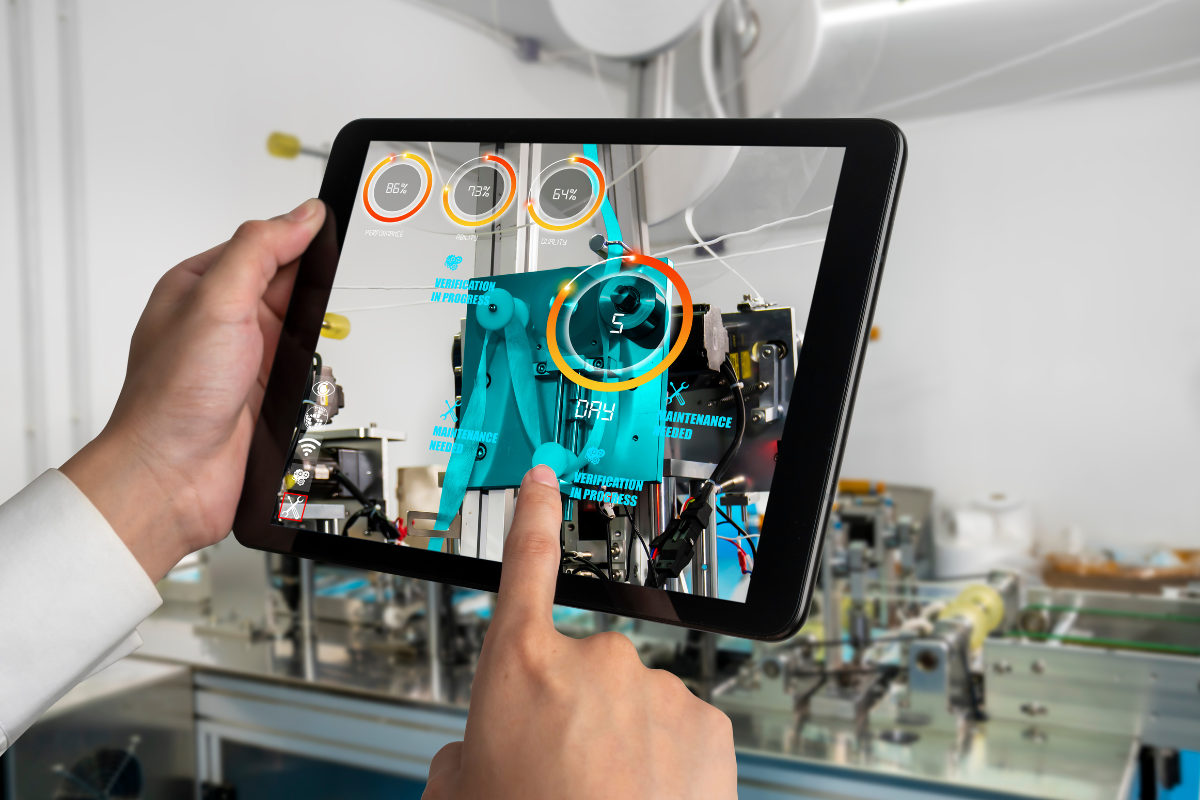Top 5 Challenges in Memory Care Programs (and How Interactive Projection Can Help)
Discover the top 5 challenges faced in memory care programs and how interactive projection offers dignified, tech-enabled solutions that enhance connection, calm, and quality of life for residents.






